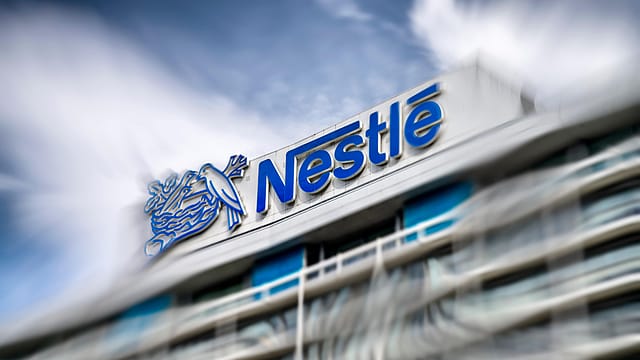Nestlé India bites into healthier food
ADVERTISEMENT

Snacks, soda and packaged food makers across the globe are noticing that consumers are increasingly gravitating towards healthier options such as low-sugar sodas, and snacks and biscuits with more natural ingredients. A rise in lifestyle-related diseases and growing awareness among millennials is compelling “big food” companies to rework, reshape and re-imagine their strategies.
Nestlé, a packaged food giant, is among the many trying to keep abreast with changing times.
Suresh Narayanan, MD and chairman of Nestlé India, tells Fortune India that one of the purposes of the organisation is to enable a “healthier future”. He says that in the last 10-15 years, the company has reduced sodium content on a product like Maggi by more than a third. Also, it has a patented technology, which can reduce sugar by up to 50% in chocolates without sacrificing taste.
Globally, other big food companies such as PepsiCo, have diversified their product portfolio in the last few years to feed the appetite of a consumer for healthy food. In 2016, PepsiCo said in its annual report that it gets more than 45% of its net revenue from what it called “guilt-free” products—beverages that have fewer than 70 calories per 12 ounces—and snacks that have lower amounts of salt and saturated fat, and have nutrients like fruits, grains and vegetables.
January 2026
Netflix, which has been in India for a decade, has successfully struck a balance between high-class premium content and pricing that attracts a range of customers. Find out how the U.S. streaming giant evolved in India, plus an exclusive interview with CEO Ted Sarandos. Also read about the Best Investments for 2026, and how rising growth and easing inflation will come in handy for finance minister Nirmala Sitharaman as she prepares Budget 2026.
PepsiCo has also made a global commitment by 2025 to have at least two-thirds of its global beverage portfolio volume to have 100 calories or less from added sugar per 12 ounce to reduce saturated fats and sodium.
PepsiCo also wants that the rate of sales growth from what it calls “everyday nutrition products” to outpace the rate of sales growth in the balance of its portfolio. Everyday nutrition products include those that deliver whole grains, fruits, vegetables, dairy, protein and hydration. In India, PepsiCo recently launched a new multi-grain variant of Kurkure packs with lesser sodium content.
In India, according to India Brand Equity Foundation, the Indian food and retail industry is expected to reach $482 billion by 2020, in which consumer goods is the fastest-growing segment. But FMCG companies are in a huddle after the meteoric rise of homegrown Ayurveda company Patanjali.
“For us, it is not the nomenclature what we give it but the scientific veracity of the ingredients we use. For us, it is more the science we use rather than calling it organic or Ayurvedic,” says Narayanan.
In February, Nestlé—which is synonymous with chocolate and Maggi—bought a majority stake in Terrafertil, an Ecuadorian company selling natural and organic plant-based foods. In the second-half of 2017, Nestlé purchased Canadian vitamin maker Atribum Innovations for $2.3 billion.
Narayanan says organic “is an area we will examine in terms of how or we can participate and see what we can do with organic food”.
But the larger question now is how these companies will rework, reshape and re-imagine themselves, where the trend of organic, healthy is showing no sign of slowing?
Narayanan has an answer. “Companies will probably operate in two-three worlds,” he says.
He argues one world is of customised personalised natural and fresh food. It’s not an area that is not of interest to Nestlé.
But he asserts that to feed the larger world in terms of affordable, accessible, good quality food, there will still be a demand for the processed food company. “However, in that space, all efforts and endeavours will be to reduce and to replace some of the areas, which are a concern of the customer from a scientific point of view,” says Narayanan.
